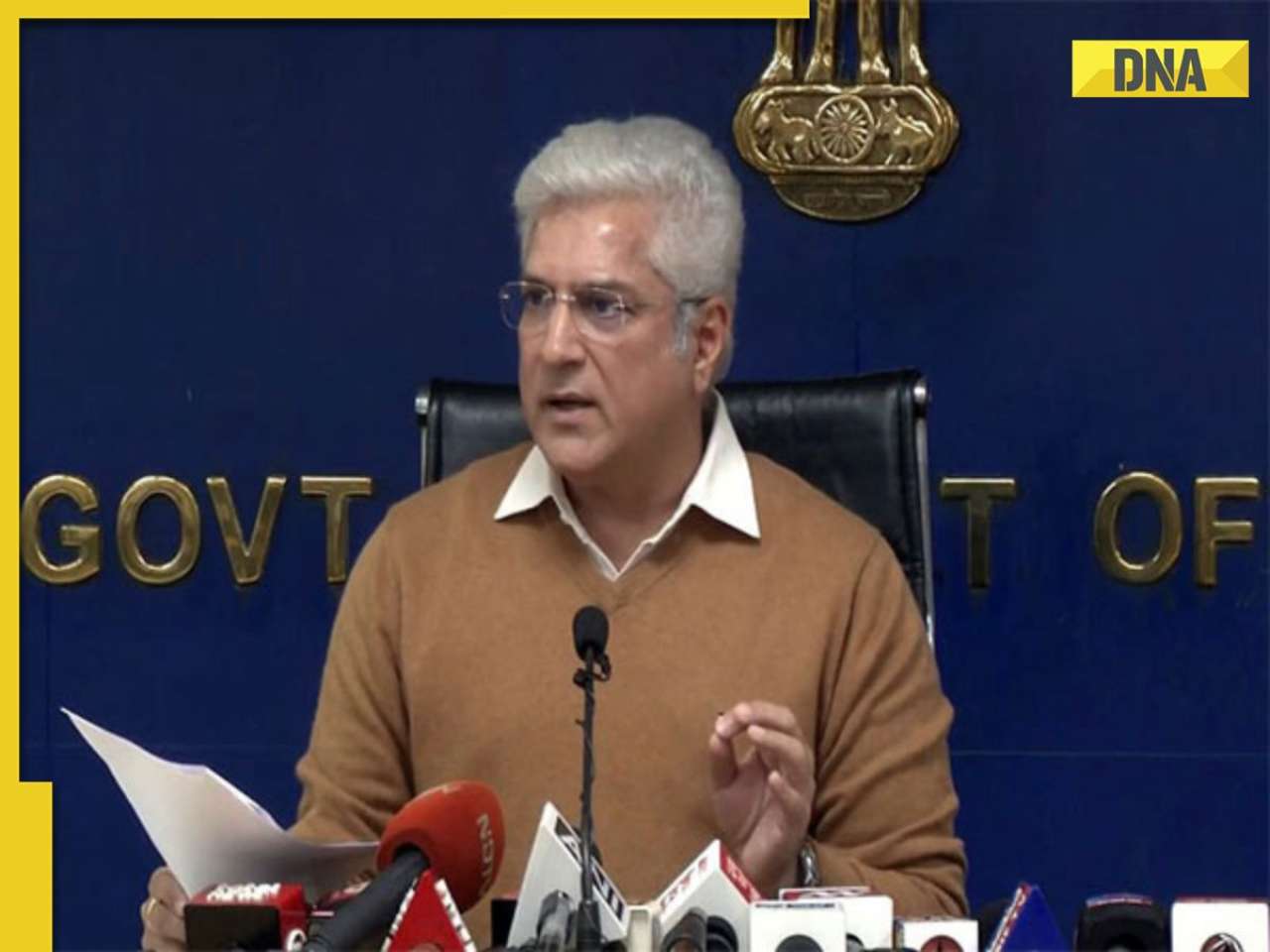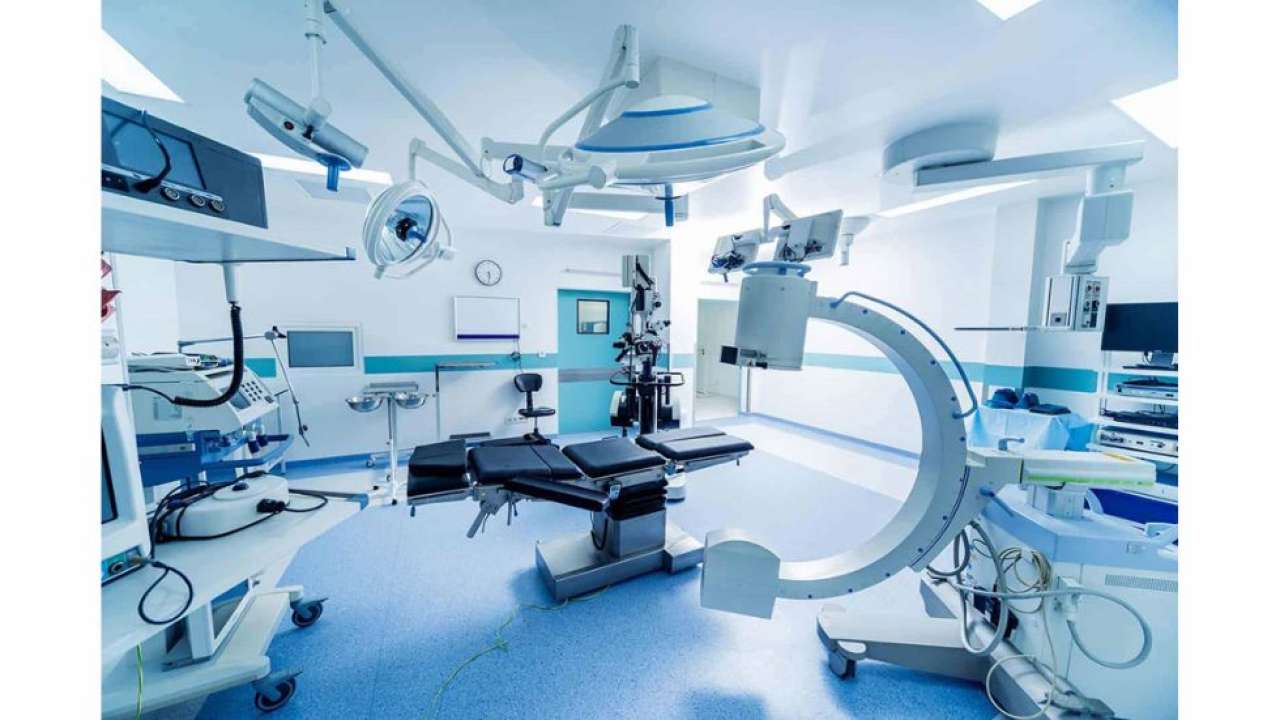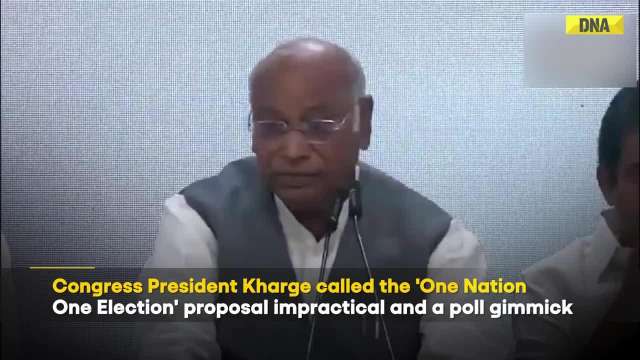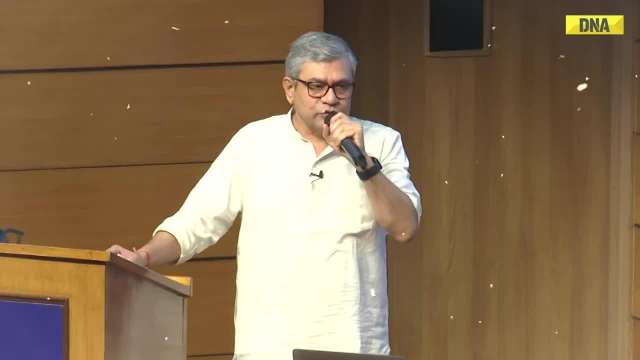The court said this while rejecting law graduate Vijendra Kumar Verma’s plea to be made judge in a subordinate court in Uttarakhand.
Law graduates must have functional knowledge of computers if they want to become judges, the Supreme Court has said.
The court said this while rejecting law graduate Vijendra Kumar Verma’s plea to be made judge in a subordinate court in Uttarakhand.
Verma was denied the post because he did not know how to operate a computer.
The court explained its reasons for rejecting Verma’s petition by saying that all players in a system that relies on e-governance must be computer savvy. In future, all courts in the country will be computerised so that they are more efficiently run. In that respect, the new judges who are being appointed must have basic knowledge of computer operation, a bench of justices Mukundakam Sharma and Anil R Dave said.
Verma had challenged Uttarakhand Public Service Commission’s rules that made practical knowledge of computer operations an essential qualification for the post of judge in the state.
Chief Justice of India SH Kapadia is interested in providing a strong infrastructure to the judiciary and make it e-savvy, the central government has doubled cost estimates for its e-courts project.
Last month, the cabinet committee on economic affairs okayed a grant of Rs935 crore for implementing e-courts projects in the country. In 2007, the same project had been granted Rs441.8 crore. This money would be used to 14,249 courts in 3,069 court complexes. Earlier, the government had planned to cover 13,348 courts in 2,100 complexes.
The revised cost estimate also makes provisions for wide area network connectivity and data entry of pending cases. It also provides equipment for uninterrupted power supply at the courts.
A report says that the total estimated cost of infrastructure of district and subordinate courts was Rs7,077 crore until May 2010. This excludes estimates for Delhi, Jammu and Kashmir and Allahabad, which did not provide their estimates.
In the current financial year, this requirement is estimated at Rs2,162 crore. However, the total plan outlay for the entire 11th five-year period, ending 2012, is just Rs701.08 crore. From 1993-94 to 2009-10, states and union territories received Rs1,102.18 crore under a central scheme for development of infrastructure in subordinate courts.
![submenu-img]() Verantes Living Awarded as India’s No.1 Stainless Steel Modular Kitchen Brand
Verantes Living Awarded as India’s No.1 Stainless Steel Modular Kitchen Brand![submenu-img]() Narayana Murthy’s Infosys set to invest Rs 170000000 in this startup
Narayana Murthy’s Infosys set to invest Rs 170000000 in this startup![submenu-img]() 'Towards reducing pollution..': Delhi govt approves replacement, induction of electric vehicles in 'Gramin Sewa'
'Towards reducing pollution..': Delhi govt approves replacement, induction of electric vehicles in 'Gramin Sewa'![submenu-img]() Discover Stainless France, the Leading Supplier of Cobalt Chrome
Discover Stainless France, the Leading Supplier of Cobalt Chrome![submenu-img]() Kritika Kamra says men should take responsibility for fighting sexism: 'There's a thin line between...'
Kritika Kamra says men should take responsibility for fighting sexism: 'There's a thin line between...'![submenu-img]() किसी को हो रहे Genital पर घाव, किसी को पैदा हो रहे मृत बच्चे, कांगो के Mining town में Mpox के नए स्ट्रेन से दहशत
किसी को हो रहे Genital पर घाव, किसी को पैदा हो रहे मृत बच्चे, कांगो के Mining town में Mpox के नए स्ट्रेन से दहशत![submenu-img]() Brain Stroke Causes: हवा में शामिल प्रदूषण से कई गुणा बढ़ा ब्रेन स्ट्रोक का खतरा, चौंका देगी लैंसेट की रिपोर्ट
Brain Stroke Causes: हवा में शामिल प्रदूषण से कई गुणा बढ़ा ब्रेन स्ट्रोक का खतरा, चौंका देगी लैंसेट की रिपोर्ट![submenu-img]() इजरायल के पेजर, वॉकी-टॉकी हमले से हिजबुल्लाह खौफजदा, डरा-सहमा दिखा चीफ नसरल्लाह
इजरायल के पेजर, वॉकी-टॉकी हमले से हिजबुल्लाह खौफजदा, डरा-सहमा दिखा चीफ नसरल्लाह![submenu-img]() Shabana Azmi ने बॉलीवुड हसीनाओं के साथ मनाया अपना 74वां जन्मदिन, बर्थडे पर की जमकर मस्ती, देखें वीडियो
Shabana Azmi ने बॉलीवुड हसीनाओं के साथ मनाया अपना 74वां जन्मदिन, बर्थडे पर की जमकर मस्ती, देखें वीडियो![submenu-img]() कनाडा में पढ़ना हुआ मुश्किल, 35% स्टूडेंट वीजा में कटौती, भारतीय छात्रों पर कैसा रहेगा इसका असर?
कनाडा में पढ़ना हुआ मुश्किल, 35% स्टूडेंट वीजा में कटौती, भारतीय छात्रों पर कैसा रहेगा इसका असर? ![submenu-img]() Ford to return to India after 2 years with reopening of....
Ford to return to India after 2 years with reopening of....![submenu-img]() Maruti Suzuki launches new Swift CNG, check price, mileage, other features
Maruti Suzuki launches new Swift CNG, check price, mileage, other features![submenu-img]() ‘30 LPA, 3BHK, no in-laws’: Woman earning Rs 1.32 lakh salary lists demands for future husband, netizens say...
‘30 LPA, 3BHK, no in-laws’: Woman earning Rs 1.32 lakh salary lists demands for future husband, netizens say...![submenu-img]() In a big EV push, Centre launches Rs 10900 crore PM E-Drive scheme to replace…
In a big EV push, Centre launches Rs 10900 crore PM E-Drive scheme to replace…![submenu-img]() World’s longest car has helipad, swimming pool, mini-golf course, can seat over…; it cost…
World’s longest car has helipad, swimming pool, mini-golf course, can seat over…; it cost…![submenu-img]() Meet IPS officer who has resigned after serving for 18 yrs due to...
Meet IPS officer who has resigned after serving for 18 yrs due to...![submenu-img]() Meet Indian man, who got hired whopping Rs 12000000 crore salary job, not from IIT, IIM he is...
Meet Indian man, who got hired whopping Rs 12000000 crore salary job, not from IIT, IIM he is...![submenu-img]() Meet woman who left medical career for UPSC exam , became IPS with AIR 165 then left job due to...
Meet woman who left medical career for UPSC exam , became IPS with AIR 165 then left job due to...![submenu-img]() Meet man, who left NDA due to depression, then cracked UPSC exam to become IAS officer, his AIR was...
Meet man, who left NDA due to depression, then cracked UPSC exam to become IAS officer, his AIR was...![submenu-img]() Meet youngest CEO of India, who created first app at 9, began his own company at 13, now he is…
Meet youngest CEO of India, who created first app at 9, began his own company at 13, now he is…![submenu-img]() Congress President Kharge Slams & Opposes 'One Nation, One Election' Proposal, Calls It Impractical
Congress President Kharge Slams & Opposes 'One Nation, One Election' Proposal, Calls It Impractical![submenu-img]() Why 'One Nation One Election' Is important? Ashwini Vaishnaw Explains After It Gets Cabinet Approval
Why 'One Nation One Election' Is important? Ashwini Vaishnaw Explains After It Gets Cabinet Approval![submenu-img]() Jammu Kashmir Assembly Election 2024 Phase 1 Highlights: What Happened In First phase In J&K Polls?
Jammu Kashmir Assembly Election 2024 Phase 1 Highlights: What Happened In First phase In J&K Polls?![submenu-img]() One Nation One Election: Centre Clears Proposal, Bill To Be Introduced In Winter Session | Modi 3.0
One Nation One Election: Centre Clears Proposal, Bill To Be Introduced In Winter Session | Modi 3.0![submenu-img]() Haryana Elections 2024: Is BJP Set To Lose In Haryana? Anti-Incumbency And Other Factors Analysed
Haryana Elections 2024: Is BJP Set To Lose In Haryana? Anti-Incumbency And Other Factors Analysed![submenu-img]() Verantes Living Awarded as India’s No.1 Stainless Steel Modular Kitchen Brand
Verantes Living Awarded as India’s No.1 Stainless Steel Modular Kitchen Brand![submenu-img]() Narayana Murthy’s Infosys set to invest Rs 170000000 in this startup
Narayana Murthy’s Infosys set to invest Rs 170000000 in this startup![submenu-img]() Discover Stainless France, the Leading Supplier of Cobalt Chrome
Discover Stainless France, the Leading Supplier of Cobalt Chrome![submenu-img]() ITR filing: Haven’t received your income tax refund yet? Here’s what you should do
ITR filing: Haven’t received your income tax refund yet? Here’s what you should do![submenu-img]() Meet ‘delivery boy’ who beats Mukesh Ambani in world’s billionaire list, his net worth is…
Meet ‘delivery boy’ who beats Mukesh Ambani in world’s billionaire list, his net worth is…![submenu-img]() In pics: Saiyami Kher conquers Ironman triathlon in Germany, swims, cycles, runs to complete endurance races
In pics: Saiyami Kher conquers Ironman triathlon in Germany, swims, cycles, runs to complete endurance races![submenu-img]() Meet IAS officer, who cracked in UPSC exam along with full-time job, her AIR was...
Meet IAS officer, who cracked in UPSC exam along with full-time job, her AIR was...![submenu-img]() In pics | India vs Bangladesh 1st Test, Day 1
In pics | India vs Bangladesh 1st Test, Day 1![submenu-img]() From Mechuka to Hayuliang village: Explore lesser-known destinations of Arunachal Pradesh
From Mechuka to Hayuliang village: Explore lesser-known destinations of Arunachal Pradesh![submenu-img]() From Simlipal National Park to Mahendragiri: Top 6 hidden gems to discover in Odisha
From Simlipal National Park to Mahendragiri: Top 6 hidden gems to discover in Odisha![submenu-img]() 'Towards reducing pollution..': Delhi govt approves replacement, induction of electric vehicles in 'Gramin Sewa'
'Towards reducing pollution..': Delhi govt approves replacement, induction of electric vehicles in 'Gramin Sewa'![submenu-img]() More trouble for ex-RG Kar principal Sandip Ghosh, Bengal medical body now...
More trouble for ex-RG Kar principal Sandip Ghosh, Bengal medical body now...![submenu-img]() Tirupati Laddu row: Lab report confirms prasada contains beef fat, fish oil
Tirupati Laddu row: Lab report confirms prasada contains beef fat, fish oil![submenu-img]() Delhi: Water supply to be shut down in capital for 12 hours tomorrow due to…; check list of affected areas
Delhi: Water supply to be shut down in capital for 12 hours tomorrow due to…; check list of affected areas![submenu-img]() FATF says India faces severe 'terrorist financing threats' from...
FATF says India faces severe 'terrorist financing threats' from...











































)
)
)
)
)
)
)
)
)
)
)
)
)
)





)
)
)
)
)
)